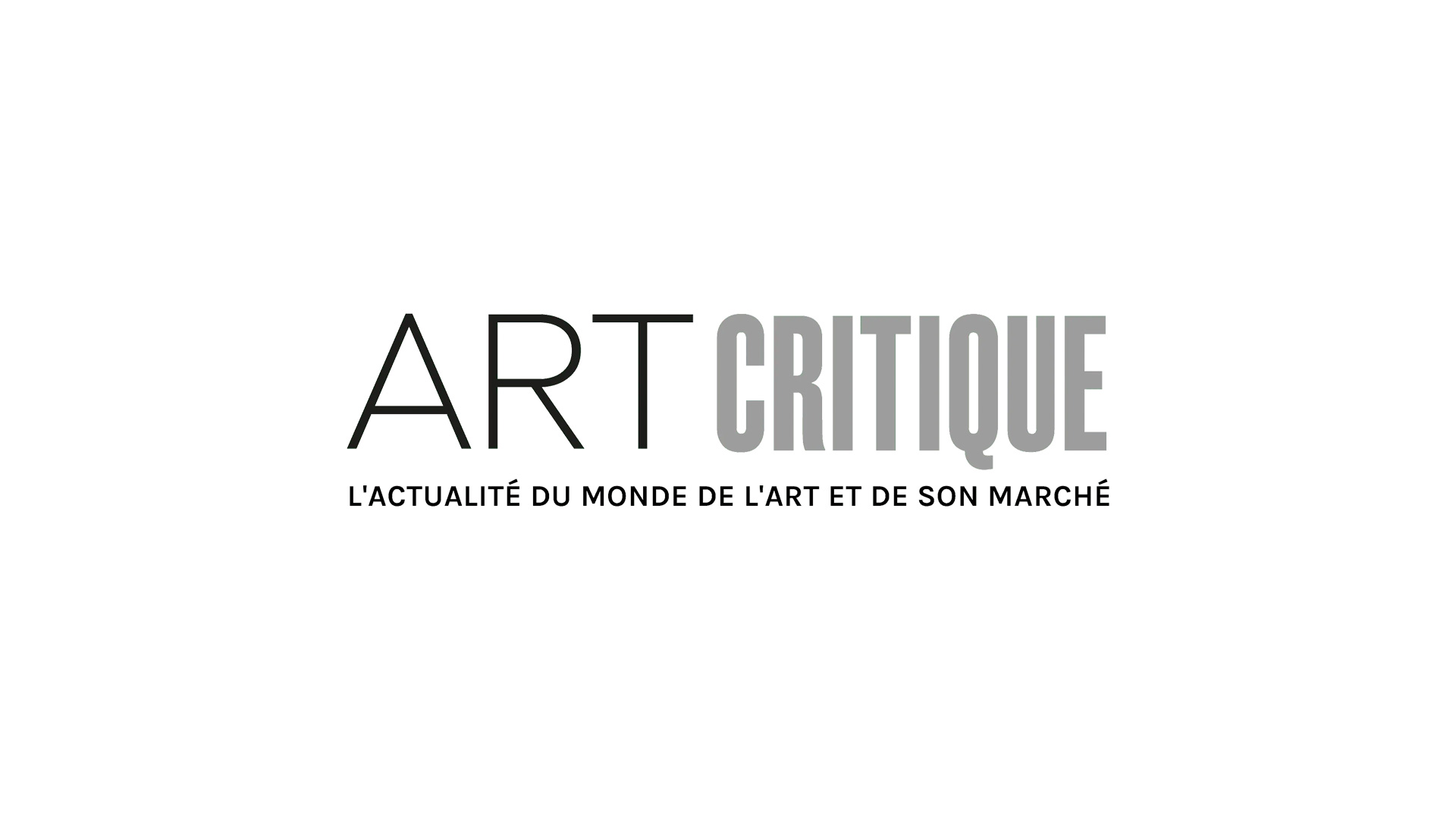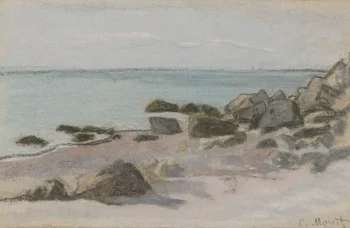Back in December, Ralf Beil, director of the Kunstmuseum Wolfsburg, was unexpectedly terminated a year before his contract was up in January of 2020. There has been much speculation as to why he was let go so abruptly and seemingly without any decent reason. Nevertheless, Beil was informed by museum lawyers on December 13th that he was released of his duties and to have his office cleared out by 2PM the next day.
Quickly, the media took hold of one obvious detail – and potential reason for the dismissal – concerning museum funding and an upcoming show curated by Beil. The show, still expected to run from September 2019 through February 2020, is called ‘Beauty and Horror in the Petrol Age.’ The issue? The Kunstmuseum is solely sponsored by the Volkswagen Art Foundation and is in the same city as Volkswagen’s headquarters. The museum has upheld that this link had nothing to do with Biel’s termination. Moreover, Beil has consistently stated that the show was not meant to be an act of activism but a way to highlight the relationship between oil and society today. Beil did state, however, that he felt the exhibition’s topic did play a role in his sudden termination.
Recently, the CIMAM, an international museum watchdog committee, released an open letter condemning the actions of the museum. Founded in 1962, CIMAM’s purpose is to ‘foster a global network of museums and museum professionals in the field of modern and contemporary art.’ One of the organizations programmes, Museum Watch, is an advocacy programme specifically designed to assist museum professionals in ‘critical situations.’
The letter opened with the CIMAM stating that they are ‘greatly concerned’ for the manner in which the Kunstmuseum Wolfsburg (referred to as KMW by the CIMAM) handled Beil’s contract and subsequent termination. The letter continued:
‘This unfortunate state of affairs comes as a surprise to those that have followed the evolution of the KMW under his artistic leadership. Exhibitions such as Never Ending Stories, Facing India, Robert Lebeck. 1968 have made an impact in the international art world, and the accompanying publications are evidence of the broad cultural vision and social awareness defining the intellectual practice of Ralf Beil.’
The letter states that Beil, in his four years at the museum, worked to increase visitor numbers and media coverage, and improve the museum’s international reputation. He was successful in all categories according to the letter. ‘The fact that his contract has been terminated with no preliminary warning, with no explanation and with the instruction for him to leave the premises within 24 hours, raises serious questions about the professional ethics of the governing body of the Museum,’ the letter stated.
‘Institutions operating in the public realm are expected to meet the highest standards of transparent governance,’ reads the letter after reiterating the museums relationship to Volkswagen. ‘The stance of the governing body of KMW who have refused to address the enquiry into the matter sent by the CIMAM Museum Watch Committee, or inform CIMAM of the reasons behind its decision, is inappropriate for an institution of this nature and a source of great concern.’
The organization’s closing sentiments are ones of remorse and disappointment for the museum’s actions:
‘CIMAM considers the situation at KMW as another manifestation of the increasing pressure being exercised by governing bodies on museum directors and curators. We bring this case to the attention of our colleagues and the wider public as an example of the threat posed to museums by the censorship of ideas and programmes by governing bodies, the very people who are supposed to encourage, promote and protect the institutions they lead. Finally, we condemn the manner with which the governing body of KMW has managed the abrupt termination of Ralf Beil’s contract.’





